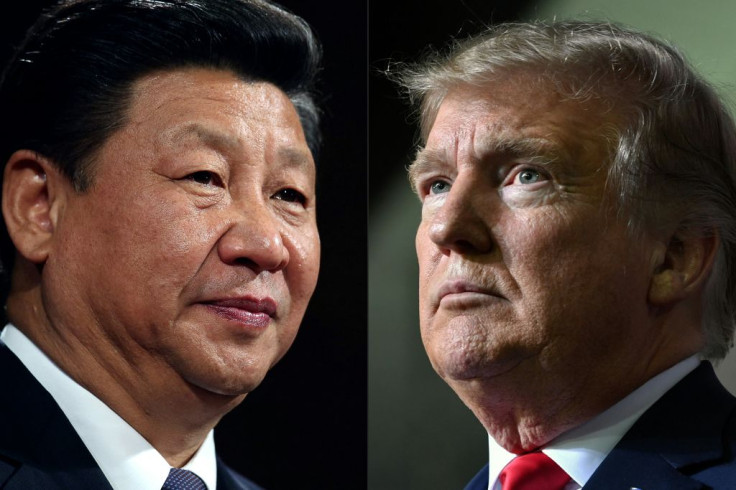
Stock markets are plummeting further on Friday after China unveiled its response to U.S. President Donald Trump's tariffs: reciprocal 34% levies on all U.S. products.
The announcement, which continues to fuel fears of a global recession, led futures in all major U.S. stock indexes to expand their drops, with the S&P 500 dropping 3.5% after already plunging 4.8% on Thursday.
Nasdaq 100 futures were trading 4% lower, with tech companies exposed to China bearing the brunt of the drop. Apple, Tesla and Nvidia were among those counting heavy losses. The blue-chip Dow Jones Industrial Average also dropped by more than 3%.
AFP noted that China's export-driven economy is particularly sensitive to international trade, and exports to the U.S. represented over 16% of the country's total last year, totaling more than $500 billion.
The measure also comes at a complicated time for China, seeking to continue its economic recovery as it deals with an ongoing crisis in the real estate sector and low consumption, issues it had sought to address with fiscal stimulus.
Following the latest tariffs China will face a total levy of 54%, which will go into effect in full force on April 9. Analysts interviewed by AFP expect them to significantly reduce its economic growth in a year in which the country expected to expand its GDP by 5%.
In this context, some Republicans are taking steps to oppose Trump's initiatives. The latest one to do so is GOP Senator Chuck Grassley, who on Thursday co-sponsored a bill that would require tariffs to be ratified by Congress within 60 days of their imposition. Should that not happen, they would expire.
Grassley introduced the legislation along with Democratic colleague Maria Cantwell, and would also seek for the president to notify Congress 48 hours before any tariffs are imposed.
The notification would also need to include "an explanation of the reasoning for imposing or increasing the duty; and an assessment of the potential impact of imposing or increasing the duty on United States businesses and consumers." Should Congress oppose the tariffs, the bill adds, it will "cease to have force or effect."
The bill comes right after four GOP senators defied Trump and voted along Democratic senators to repeal tariffs levied against Canada. The resolution presented by Democrats within the Senate, led by Sen. Tim Kaine (D-VA), aimed to repeal an emergency declaration enacted by Trump in February to levy tariffs against the U.S. ally, The Hill reported.
© 2025 Latin Times. All rights reserved. Do not reproduce without permission.





